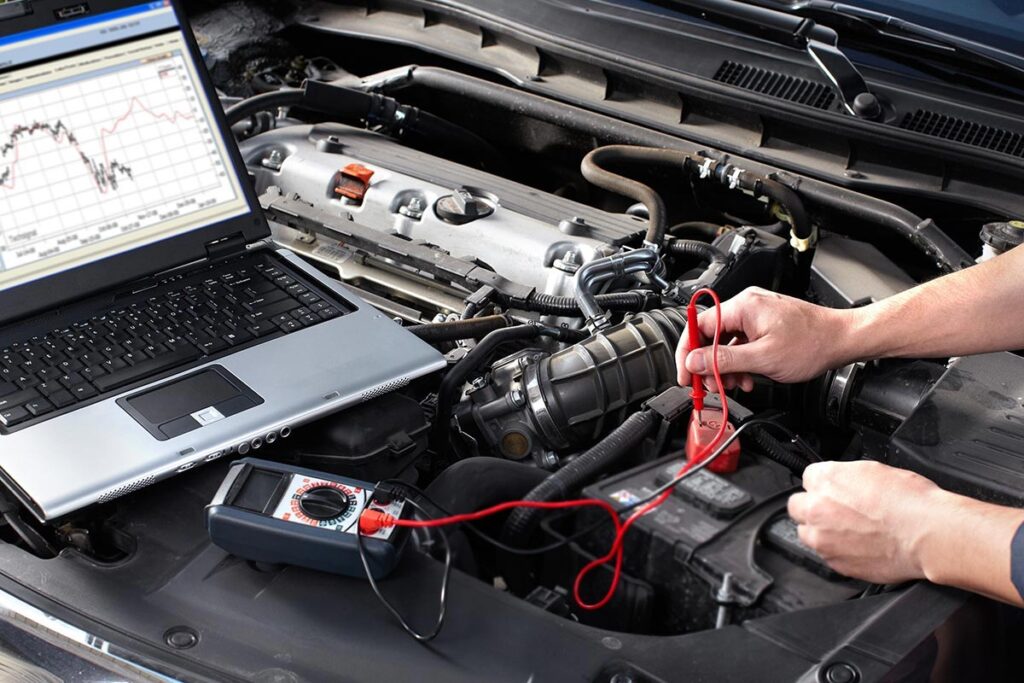How To Check Your Car’s Electrical System For Problems
Understanding the Basics of Your Car’s Electrical System
Your car’s electrical system is a complex network of components that power everything from your headlights to your vehicle’s computer. Without a properly functioning system, your car may exhibit various problems that can affect its performance and reliability. Understanding the basics can help you troubleshoot issues more effectively. The main components include the battery, alternator, starter, and various wiring and connectors. Knowing what each part does can lend insight into where things might go wrong.

Signs That Your Electrical System Needs Attention
One of the earliest signs that you might need to check your car’s electrical system is if you experience difficulty starting your engine. Dim headlights, malfunctioning dashboard lights, and a frequently dead battery are also indicators. Besides, if you notice burning smells or hear unusual noises, you should definitely run a thorough check. Don’t ignore these signs; early detection can save you from costlier repairs down the road.
Testing the Battery
The battery is the heart of your car’s electrical components. To test it, start by turning off the engine and checking the battery terminals for corrosion. Use a multimeter to measure the voltage; a fully charged battery should read around 12.6 volts or more. If it reads significantly lower, it’s time to either recharge or replace the battery. Additionally, performing a load test can help determine if the battery can hold a charge under high-stress conditions.
Examining the Alternator and Starter
The alternator charges the battery while the engine runs, and a failing one will certainly impact your vehicle’s performance. Use a multimeter to check the voltage across the battery terminals with the engine running. A well-functioning alternator should produce between 13.8 and 14.4 volts. Also, listen for unusual noises and ensure that the belts are tight and free of cracks.
Inspecting the Fuses and Wiring
Last but not least, take the time to inspect your car’s fuses and wiring. A blown fuse can cause specific electrical components to fail. Refer to your vehicle’s manual to locate the fuse box and identify the troubled fuse. Check the wiring for any signs of wear, corrosion, or loose connections. While this can be a bit more intricate, ensuring the wiring is intact will save you from unexpected electrical problems down the road.
By taking these steps, you can maintain your car’s electrical system and ensure that your vehicle remains in good working order. Regular checks can prevent unexpected breakdowns and keep your car running smoothly for years to come.

